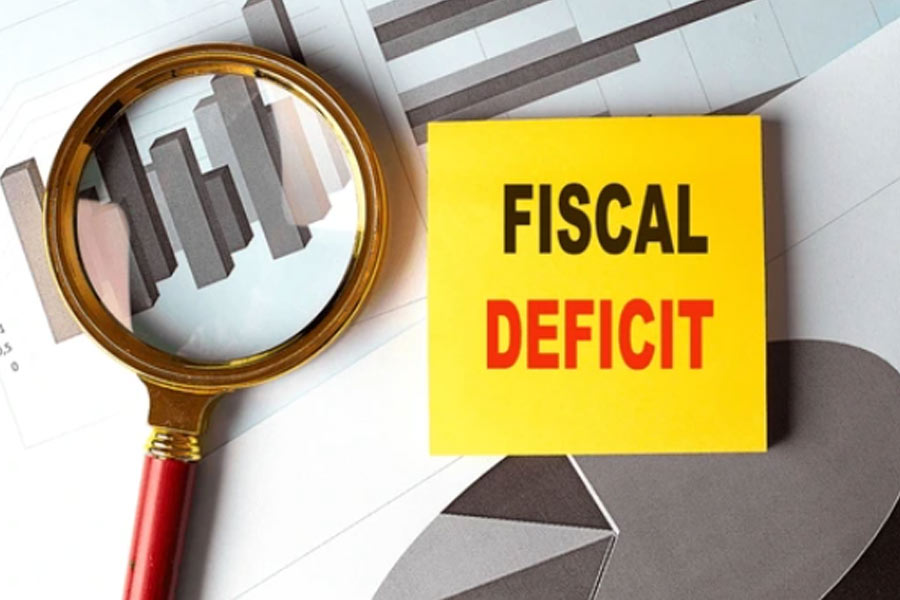
Guwahati, Nov. 7: The Balipara Foundation, an NGO working for nature and wildlife conservation, will launch a website - www.elephantcountry.org - on Wednesday, in a bid to bring in all Asian countries that have elephants under one virtual platform.
The website will act as a "virtual secretariat" where both government and non-government stakeholders will be able to chart out plans, discuss funds allocation and utilisation to help conserve Asian elephants through cloud-based networking.
"The website has been designed by Mumbai-based designer Kalpesh Popat. It is funded by the Balipara Foundation and so far Rs 50 lakh has been put into it. This is supposed to be the biggest platform for wildlife conservation and we have a budget of Rs 3 crore for the website," Ranjit Borthakur, chairman of Sonitpur-based Balipara Foundation, told The Telegraph today.
He said many organisations working for elephants have already signed up. "We are trying to draft in all the stakeholders in elephant conservation. Our focus will be more on South Asian countries that include India, Bhutan, Myanmar, Cambodia and the southern part of China, such as the Yunan district, where the concentration of Asian elephants is the highest," Borthakur said.
According to a report conducted by the World Wildlife Fund, more than 1,00,000 Asian elephants may have existed at the start of the 20th century but the numbers have fallen by at least 50 per cent over the last three generations and they are still declining.
The NGO has also organised a two-day conference, the Eastern Himalayan Naturenomics Forum, that will start from tomorrow and delve into "finding innovative solutions to pressing issues of the world".
"The conference will include leaders, conservationists, environmental activists, green gurus and sociologists, from both governmental and non-governmental stakeholders. They will hold discussions to find innovative long-term solutions to pressing issues at hand, including climate change, depletion of essential natural resources like water and the overwhelming influence of technology and culture on successful conservation," Borthakur said.
The conference will also see the launch of elephant-friendly tea, a concept developed by American conservationist Julie Stein, proprietor of Wildlife Friendly Enterprise Network, along with Lisa Mills from University of Montana.
"Elephant-friendly tea is a tag which will be given to those tea estates which will be more elephant-friendly. There will be specific guidelines to ensure safe passage for elephants through the estate. By using this tag, the estates can add extra costs to their products and redeem the cost incurred to make their estates habitable for elephants," Mills, who has spent years working on elephant conservation in Bhutan, told the media during a pre-event discussion here today.
Today's panel discussion included several environmental pressing issues in Assam and the northeastern Himalayan region.
American writer Bruce Rich, who has published extensively on the environment in developing countries and development in general, said, "The government should focus on developing the socio-economic condition of the local community and include them as stakeholders along with bringing international donors for long-run development and conservation of Kaziranga National Park."
Environmental activist and writer Bittu Sehgal said, "The lower Subansiri dam will kill Assam. Floods take place in Assam for four months now. Once the dam is built floods will be regular."










